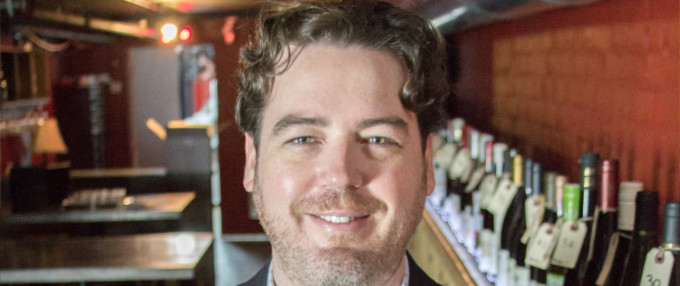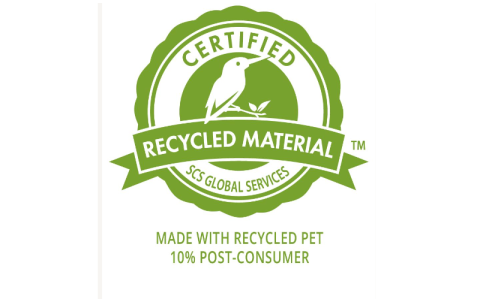By Christopher Hurn
Huge advantages exist for franchisees and restaurant owners who buy their commercial property. Owning the land beneath a restaurant builds a significant, stable capital asset as well as being a great wealth creation tool. Low rates and new regulations from the U.S. Small Business Administration (SBA) make it an excellent time to buy and an even better time to refinance owner-occupied commercial property. But restaurateurs need to act fast because rates fluctuate and some of the refinancing options expire later this year.
Real businesses have already taken advantage of below-market interest rates — the silver lining in today’s small business economy. Max & Erma’s franchisee Dave Denti not only refinanced all three of his Max & Erma’s locations in Chillicothe, Findlay and Lancaster, Ohio, but he also reduced his yearly debt service from more than $800,000 to roughly $250,000.
Denti took advantage of the SBA’s 504 Loan Program which offers small businesses up to 90 percent loan-to-value financing, with long-term below-market fixed interest rates and longer loan amortizations. These loans are given to businesses which own their own commercial property.
For restaurateurs who used a conventional loan to purchase their real estate, new SBA provisions allow owners to refinance property with big benefits. Last October, the SBA 504 program revamped its regulations, allowing, for the first time ever, small business owners to utilize loan funds for working capital expenses. Restaurant owners facing high interest rates on commercial debt may now use loan refinancing proceeds for such working capital items as: furniture, fixtures and equipment, salary, utilities, inventory and other business obligations.
The loan structure for the refinancing program mirrors the traditional 504 loan structure. A third party lender, funds a first lien portion (usually not less than 50 percent of the project costs), a Certified Development Company (CDC) acting with the SBA funds no more than 40 percent of the project and the borrower funds no less than 10 percent of the project – which doesn’t necessarily need to be cash with these new refinance provisions. Interest rates on 504 loans have been hovering near record lows for the past year.
Purchasing commercial property in today’s economy is not as unattainable as one might think and it provides many benefits. As your own landlord, rental income generates a consistent second revenue stream, independent of the ups and downs potentially experienced by the restaurant. Another benefit includes no longer worrying about losing space to a higher bidder every time the lease is up for renewal. And if the plot of land is large enough, the restaurant has room to grow and upgrade its facilities.
Another little known advantage to the SBA 504 program can be found in the program’s writing. The 504 program does not differentiate between Special Purpose Property and any other commercial property under the temporary refinance rules. This means the program does not require an extra 5 percent equity for the loan, so restaurateurs typically accustomed to 80 to 85 percent loan-to-value financing can now become eligible for 90 percent loan-to-value financing.
Since the SBA announced the working capital cost regulations in its 504 loan, droves of refinances have been filed, but the gates on the loosened restrictions are scheduled to close in September 2012. Franchisees are out of luck if loans aren’t authorized by the summer. In short, restaurant owners still have time to apply but must act fast.
About The Author:
Christopher G. Hurn is the co-founder and CEO of Mercantile Capital Corporation in Orlando, Fla., a nationwide provider of small business real estate loans and interim financing. For more information on MCC or the new SBA 504 regulations contact Hurn at 1-866-622-4504 or visit www.504experts.com .






